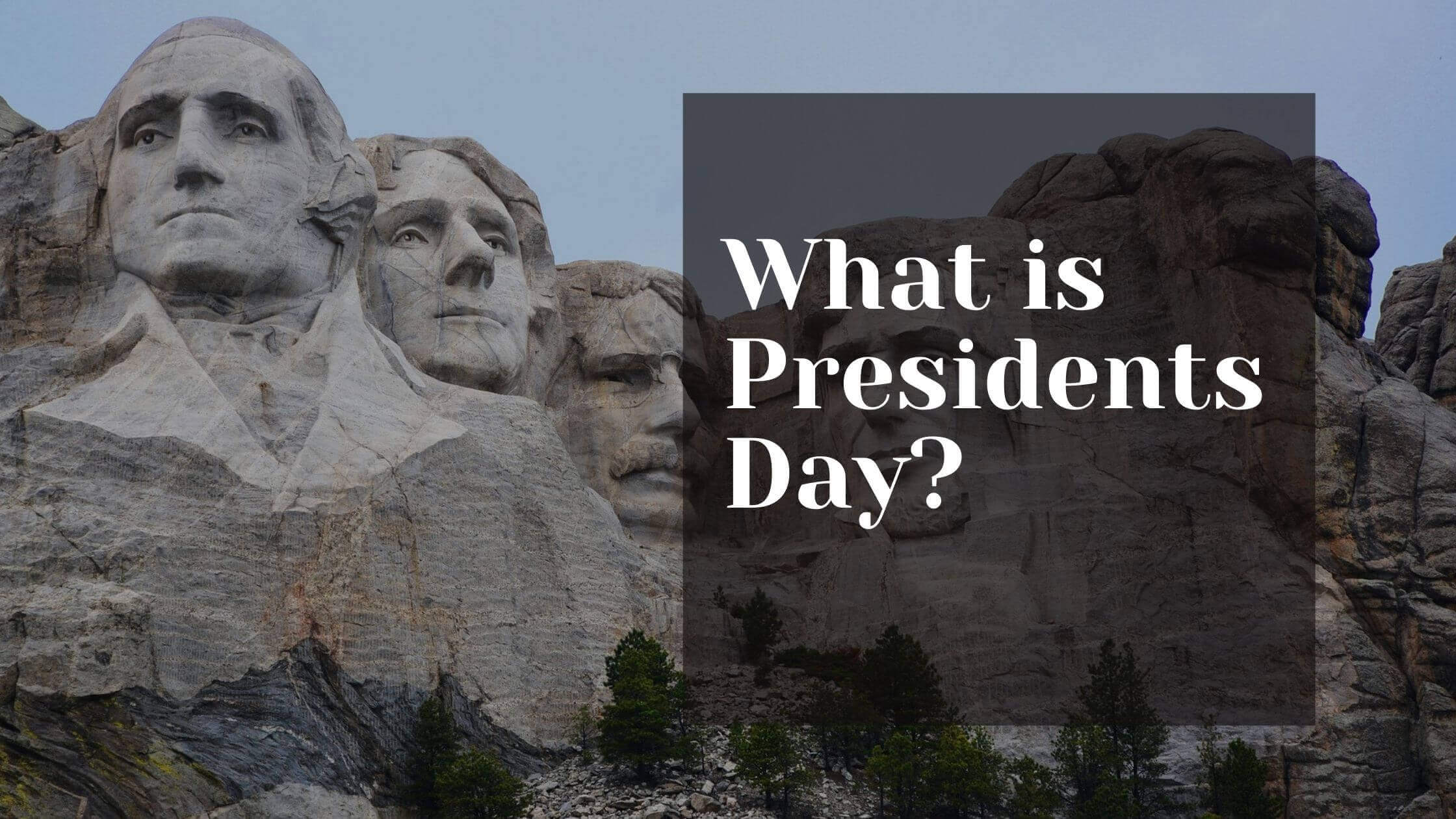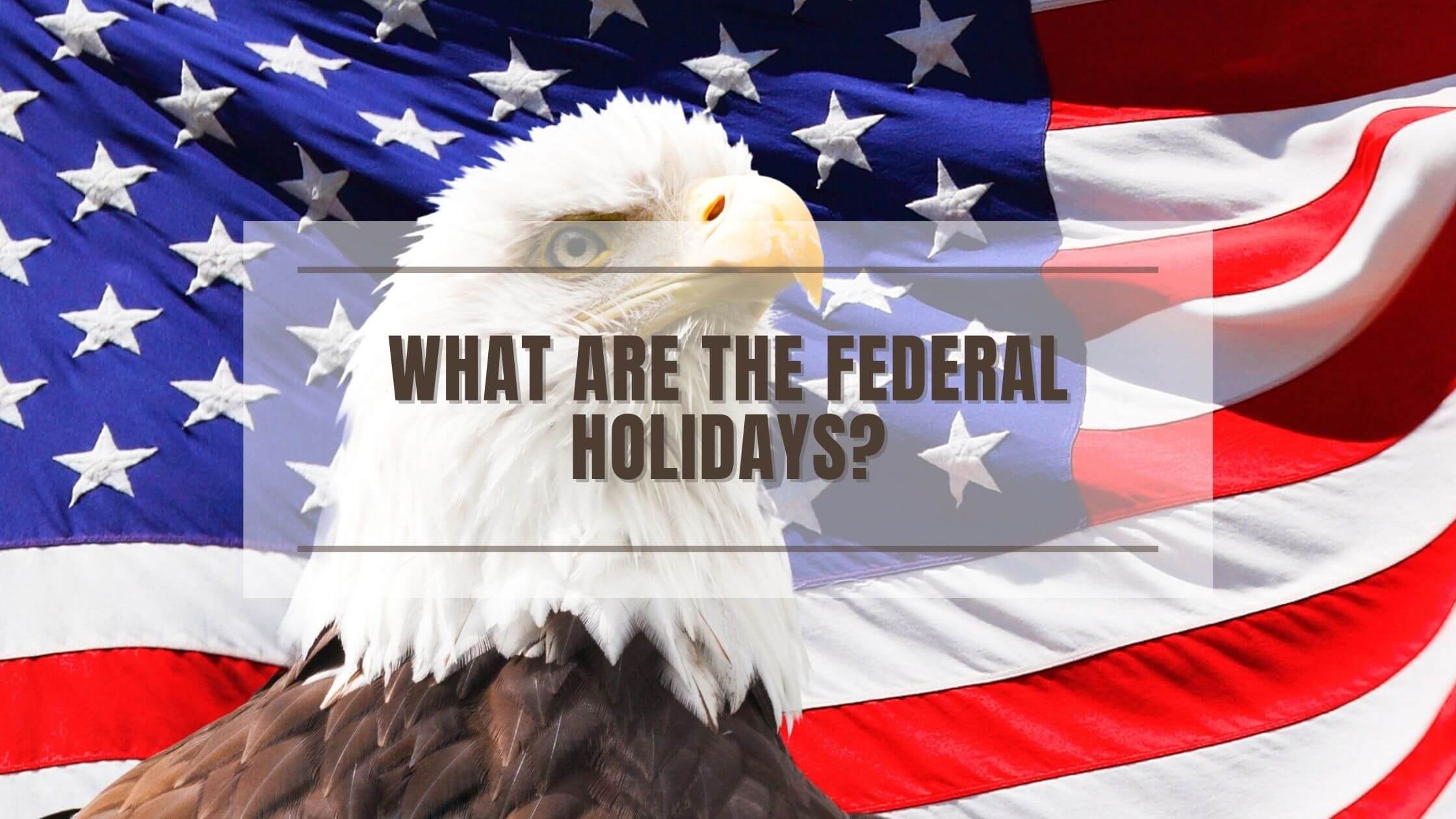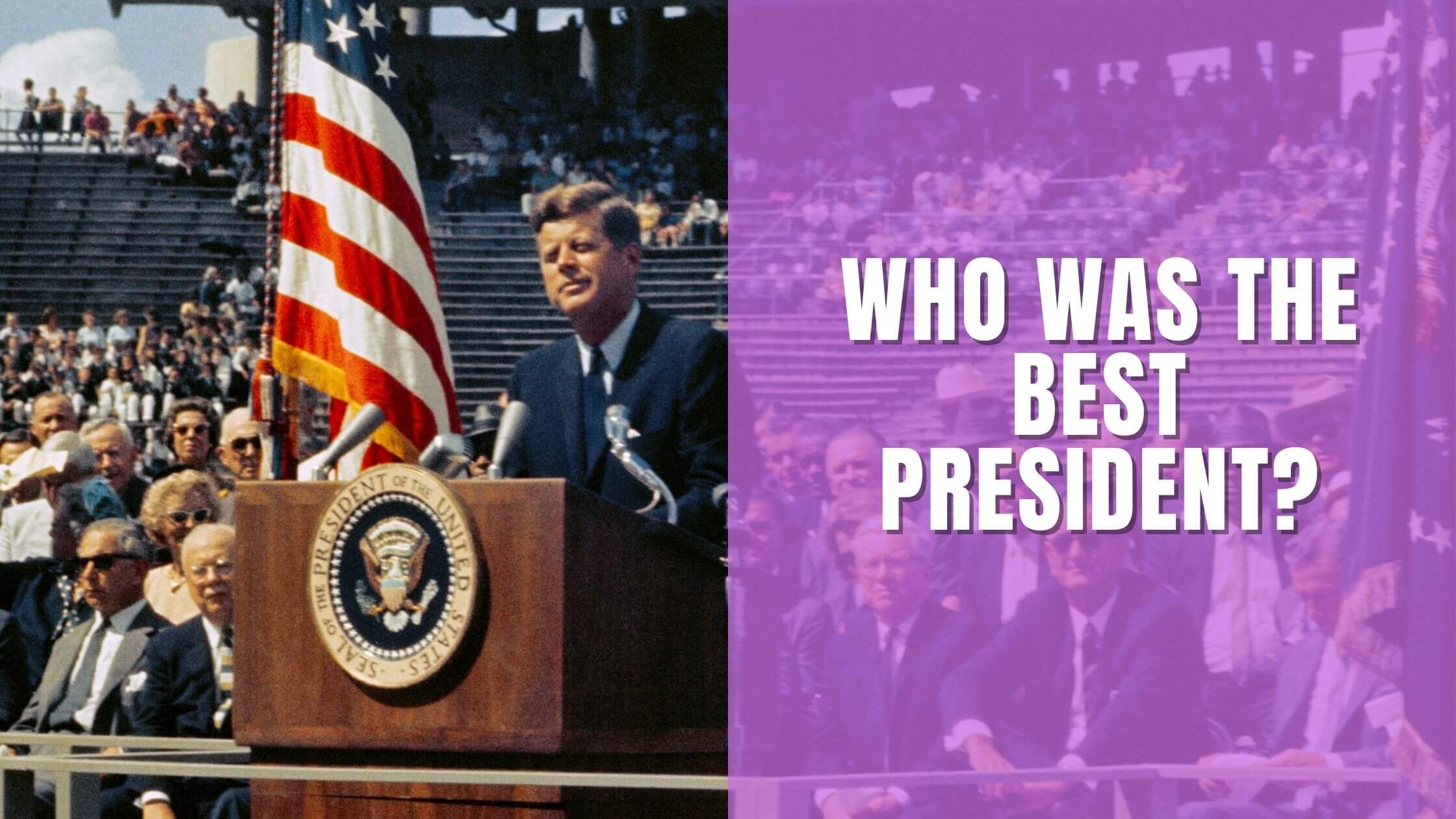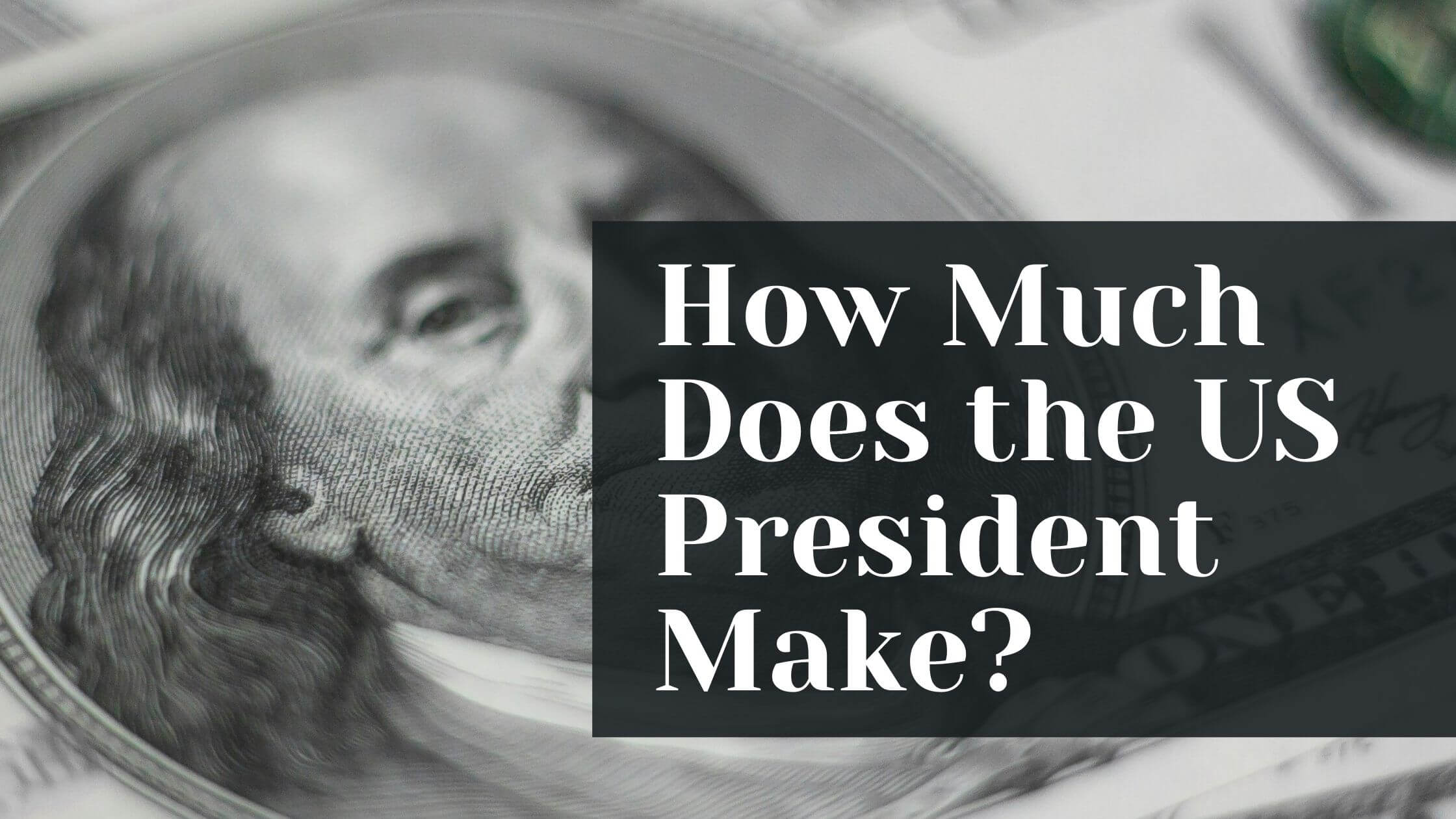Table of Contents
ToggleLargely enjoyed and celebrated by everyone, very few people know what makes Presidents’ Day so important for the United States.
A Day To Honor America’s Presidents
If you talk to people about what they know about Presidents Day, most will likely comment on how much they enjoy having the extra Monday off and that it’s got “something to do with the Presidents”.
In truth, Presidents’ Day (Officially titled “George Washington’s Birthday”) started as a way of honoring our first American president, George Washington, and his birthday. However, following the Uniform Monday Holiday Act of 1971, the day became a date to honor and respect all presidents, both past and present.
It takes place on the third Monday of February and has done so since 1971.
Presidents’ Day’s Origin
Commemorations of Washington’s birthday had begun during his lifetime. After his death in 1799, his birthday (February 22) was informally honored in many places. At the time, the late President Washington was regarded as one of the most influential American figures in history. On February 22nd, the day of his birth, Presidents’ Day was first established.
The Official Recognition
The day was honored informally in many states. In 1879, Congress made “George Washington’s Birthday” a federal holiday for the District of Columbia. In 1885, Congress extended the holiday to federal employees nationwide. There is no credible record of a formal proposal by Stephen Wallace Dorsey in 1870.
As the sentiment surrounding the date’s official recognition only grew with time, it seemed like the only sensible course to take. In 1879, Washington’s Birthday was codified as a holiday for the federal government in the District of Columbia. It became the first federal holiday to honor an individual. At the time, recognized federal holidays included New Year’s Day, Independence Day, Thanksgiving, and Christmas.
Slow Progression Outward
Despite many states already recognizing the day even before its federal designation, it wasn’t officially applied nationwide until 1879. Instead, only the District of Columbia could federally acknowledge the date. However, six years later, in 1885, it eventually spread out to the entire country.
Transitioning From Washington’s Birthday
In 1968, Congress passed the Uniform Monday Holiday Act; it took effect January 1, 1971. The Act moved Washington’s Birthday, Memorial Day, and a few others to specified Mondays for federal observance. Washington’s Birthday would be observed on the third Monday of February thereafter.
This transition was put into effect so that federal employees would have several three-day weekends. It was argued that having federal holidays established as part of a three-day weekend would reduce the number of absentee employees when compared to their original dates. Despite many arguing that it somewhat lessened the overall appeal of the holiday, the support for it was so strong that it managed to get passed quite easily.
Is It Presidents’ Day Or Washington’s Birthday?
Although commonly called “Presidents’ Day,” the federal law still designates the holiday as “Washington’s Birthday” under 5 U.S.C. § 6103. Many states use different names, including “Presidents’ Day.”
During debate, some lawmakers proposed renaming the holiday “Presidents’ Day” to include Lincoln’s birthday, but Congress did not adopt that change. The Uniform Monday Holiday Act did not legally combine Washington’s and Lincoln’s birthdays. Instead, over time, the public and states merged the observance under the “Presidents’ Day” name.
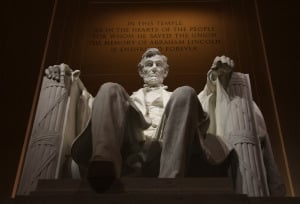
Though many supported this push, citing the chance to honor both presidents equally, several lawmakers in Virginia (George Washington’s home state) found the proposal to be particularly offensive and contentious.
Senator Robert McClory of Illinois did propose renaming it “President’s Day,” but that part of the proposal failed. The federal title remained Washington’s Birthday.
The Shift Of Public Perception
While the official name for Presidents’ Day is still technically Washington’s Birthday, it is largely that in name only. As people noted the shift away from George Washington’s actual birthday (Feb 22nd) and closer to Lincoln’s (Feb 12th), many believed that the date was meant to honor both presidents.
Soon, marketers and advertisers around the country ran with the name “Presidents’ Day,” offering sales and bargains for their store products. By the 1980s, the name “Presidents’ Day” had become widespread in public usage. By the 2000s, it was universally used in retail and public calendars. In fact, by this time, virtually half of the country had recognized “Presidents’ Day” in their calendars.
Presidents’ Day Today
Starting originally as a day that honored the life of George Washington, Washington’s Birthday or Presidents’ Day has since grown and evolved to include all of America’s presidents.

Get Smarter on US News, History, and the Constitution
Join the thousands of fellow patriots who rely on our 5-minute newsletter to stay informed on the key events and trends that shaped our nation's past and continue to shape its present.
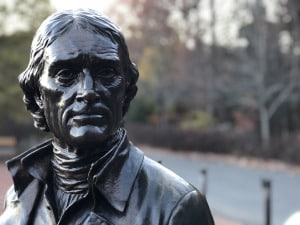
While most states still use the day to recognize Washington and Lincoln, other states use the holiday to recognize other memorable individuals throughout American history. Arkansas, as an example, celebrates George Washington alongside the civil rights activist Daisy Gatson Bates. Some states use the holiday to honor other figures: for example, Alabama recognizes Thomas Jefferson alongside Washington.
Though the date is still officially known as Washington’s Birthday, there have been so many presidents throughout history, each deserving (to varying degrees) their bit of recognition, that the holiday has taken a life of its own. While people may not think of George Washington exclusively on Presidents’ Day, they know that it is a day to be thankful for the great leaders who made this nation what it is for United States citizens.
